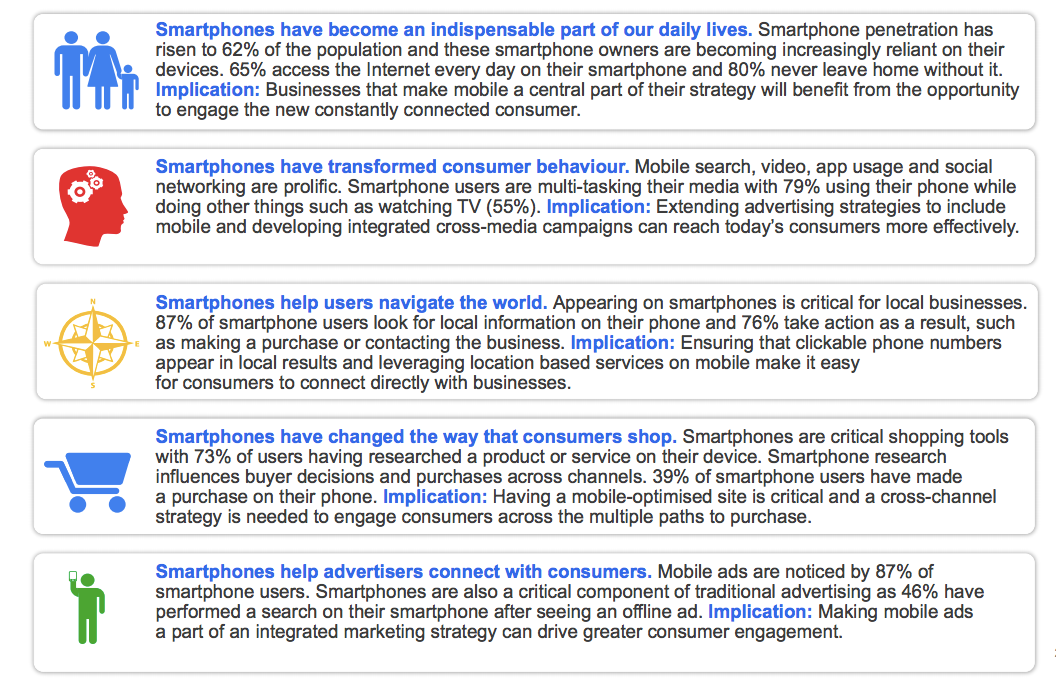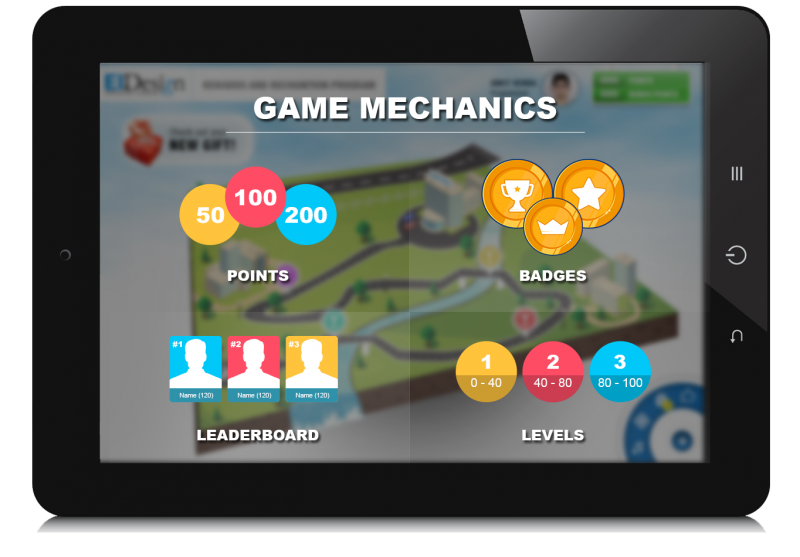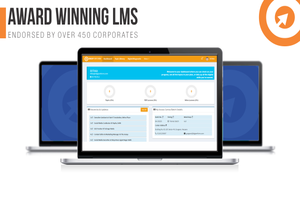


 Interactive Audio-Video Learning
Streaming videos online are now an everyday affair for many people. YouTube is the 2nd major search engine for creating and showcasing videos. It is a powerful way to educate and train yourself or others. Many industries are embracing the online video learning platform for e-learning.
Wearable E-Learning Gadgets
Wearable gadgets such as Google Glass and Apple watch is the new trend that has innovated the e-learning industry in the last ten years. The Google Glass offers features such as Head-Up Display (HUD) which gives users the opportunity to access high-quality content from the comfort of your home. The use of Virtual reality and Augmented reality has changed the face of e-learning industry.
Interactive Audio-Video Learning
Streaming videos online are now an everyday affair for many people. YouTube is the 2nd major search engine for creating and showcasing videos. It is a powerful way to educate and train yourself or others. Many industries are embracing the online video learning platform for e-learning.
Wearable E-Learning Gadgets
Wearable gadgets such as Google Glass and Apple watch is the new trend that has innovated the e-learning industry in the last ten years. The Google Glass offers features such as Head-Up Display (HUD) which gives users the opportunity to access high-quality content from the comfort of your home. The use of Virtual reality and Augmented reality has changed the face of e-learning industry.








